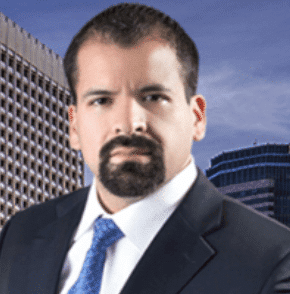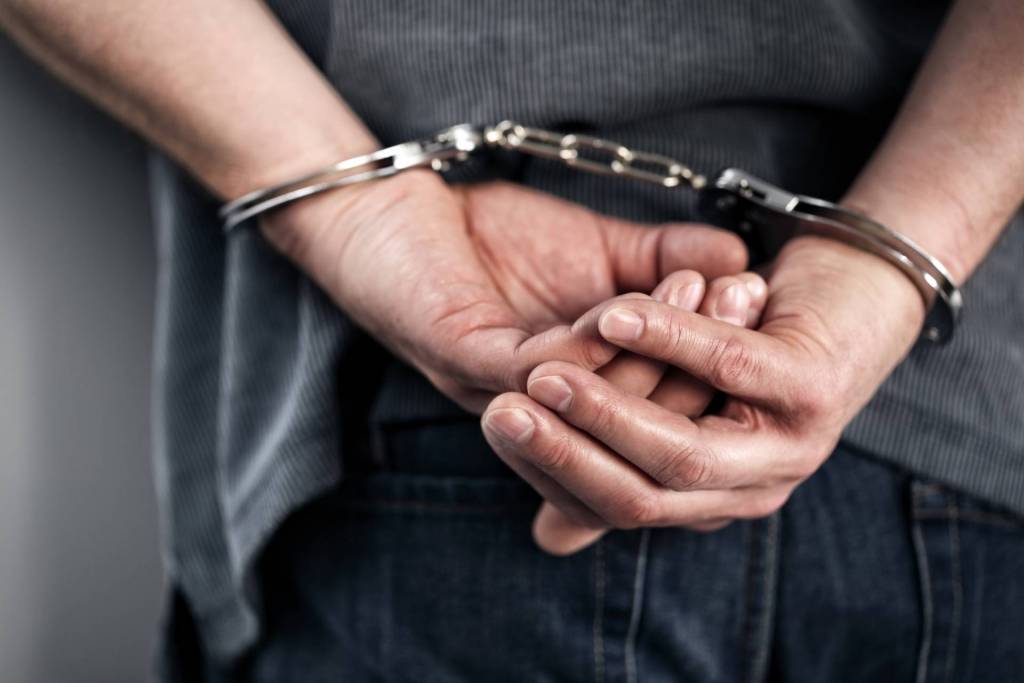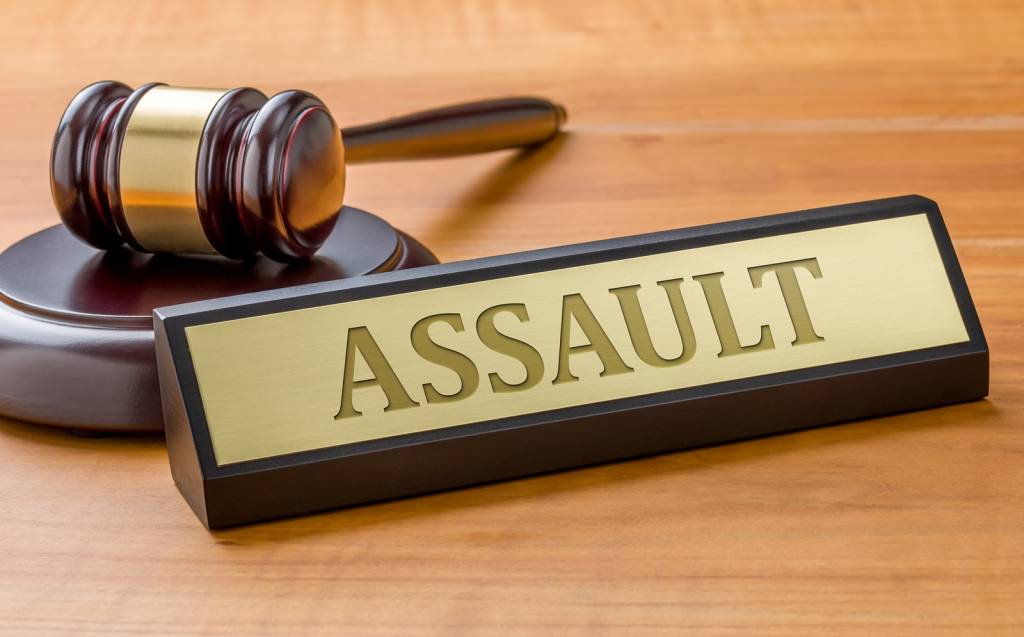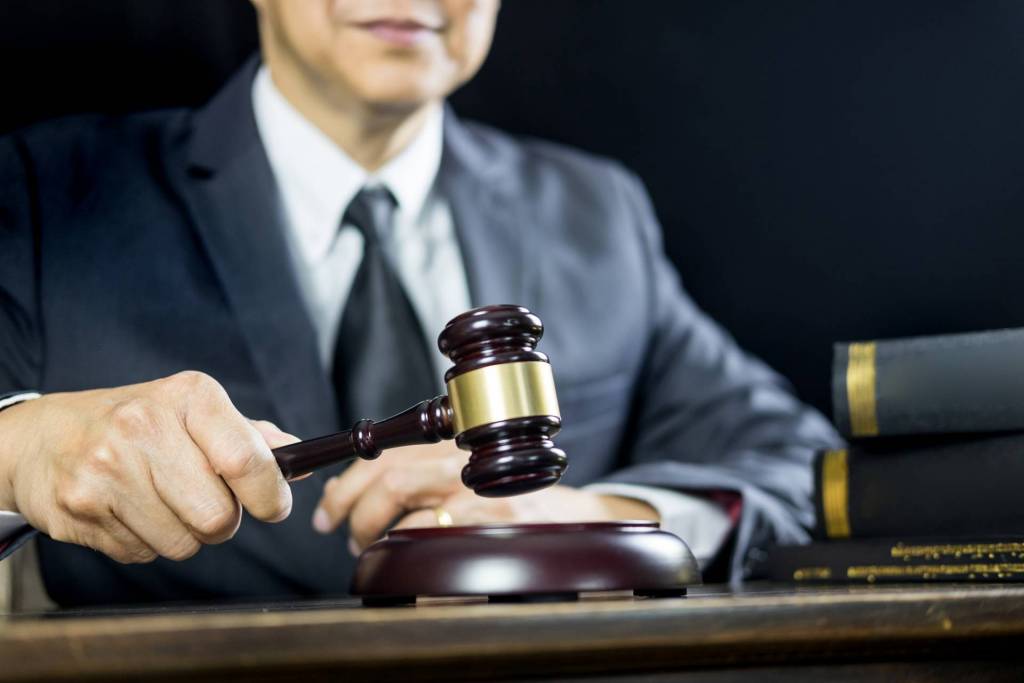If you’re charged with a crime in California, and you don’t want to languish in jail while you’re awaiting trial, in many cases, you’ll be required to pay for a cash bond.
But you’re about to learn why cash bonds are increasingly under criticism and soon may be eliminated.
Primarily, it’s because in the United States, you’re supposed to be presumed innocent until and unless you are proven guilty – beyond a reasonable doubt – of a crime.
For a number of years, activists have been working and lobbying to abolish cash bonds, and the movement is picking up support in southern California and across the nation.
WHAT IS THE CONSTITUTIONAL ARGUMENT AGAINST CASH BONDS?
Cash bonds, claim the activists, violate the equal protection clause of the Fourteenth Amendment because the poor often cannot afford a cash bond – and linger in jail awaiting trial – while more affluent suspects can purchase their release.
The poor, say the activists, are forced to stay in jail not because they’ve been convicted of any crime, but simply because they are poor.

Many are now saying that the current cash bond system in California violates the Constitution and that it needs to come to an end.
WHAT ARE JUDICIAL AUTHORITIES SAYING ABOUT CASH BONDS?
For example, the Chief Justice of California’s Supreme Court has now suggested that cash bonds should be eliminated completely and replaced by an expanded network and system of pretrial programs and services.
And in October 2017, the Judicial Council of California, an advisory and policymaking panel that makes recommendations to the California courts, called the state’s bail system “unfair” and “unsafe.”
Judicial Council members criticized the current state bail system for its narrow focus on a suspect’s available cash.
The bail system, said Judicial Council members, instead should focus on a suspect’s flight risk and on any danger that releasing a defendant might pose to public safety.

New York City and the state of New Jersey have already made substantial reforms to their bail systems, and a number of states are also currently considering changes.
WHAT ARE CALIFORNIA LAWMAKERS PROPOSING?
In Sacramento, State Senator Bob Hertzberg and State Assemblyman Rob Bonta are co-sponsoring a proposal that would dramatically reform this state’s bail system.
And in a related development, the California First District Court of Appeal determined in January that only the most dangerous defendants should have to pay a high bail amount.
That ruling was handed down as the court ordered a second bail hearing for a man who has been held in jail for eight months.
Kenneth Humphrey had been held for robbery since May of last year. He could not afford $350,000 for bail or $35,000 for a bail service.
A new hearing was ordered, according to the three judges, because “A defendant may not be imprisoned solely due to poverty.”
A high bail amount in Humphrey’s case violated the Constitution’s “due process protections,” the Court of Appeal concluded.
WHAT HAS THE JUDICIAL COUNCIL OF CALIFORNIA RECOMMENDED?
The Judicial Council of California advocates eliminating the state’s current bail bond system and replacing it with:
1. detailed pretrial assessment of the safety and flight risk of each defendant
2. pretrial services that are more comprehensive and expanded than what is now offered
3. preventive detention, but only for the riskiest defendants
California Chief Justice Tani Cantil-Sakauye supports the Judicial Council’s recommendations. The state imposes some of the highest bail amounts in the nation, and it also has one of the nation’s highest failure to appear rates.
Nearly six out of ten people in the state’s county jails are there awaiting trial because they can’t afford to pay for bail. That’s according to the director of the American Civil Liberties Union of California, Natasha Minsker.
“The bail system in California is not working,” Ms. Minsker told National Public Radio.
WHO FAVORS RETAINING THE CURRENT SYSTEM?
Not everyone, however, agrees that cash bail should be abolished.
A number of California prosecutors and judges – and the bail industry, as you might imagine – say that the current system works well and needs only minor tweaks rather than comprehensive reform.

Jeff Clayton, the executive director of the American Bail Coalition, agrees that non-violent defendants should not await trial in jail simply because they’re poor, but he says that abolishing the current system is extreme.
The American Bail Coalition takes the position that local jurisdictions “need the option of bail,” Clayton says.
WHAT WILL IT TAKE TO REFORM THE SYSTEM?
Backers of the current bail system insist that substantial reforms in our state would cost millions of dollars and require an amendment to the state constitution.
Whether or not that is the case, some kind of reforms to the bail system are inevitable. Cash bail might not be abolished, but its use is already starting to decline.
Bail system reform, of course, does not mean that law enforcement will be relaxed.
If you’re charged with a criminal offense in Los Angeles County, seek the advice and representation of an experienced Los Angeles criminal defense attorney – at once.
WHAT IS CONSIDERED WHEN BAIL IS SET?
When a judge in California sets a defendant’s bail, what factors are taken into account?
1. the details of the alleged crime and the charge
2. the suspect’s criminal history
3. the general public’s safety
4. the defendant’s flight risk
If you’re arrested and charged with any crime in California, your freedom and future may be in jeopardy, but your right to remain silent and your right to an attorney are absolute.
HOW CAN A DEFENSE LAWYER HELP?
If you are charged with a crime, you must exercise those rights. An experienced Los Angeles criminal defense attorney can seek to have your bail amount reduced or to have you released on your own recognizance.
Bail may be paid in California with cash, with a surety bond, or with a property bond. If you return for your court appearance, the amount is returned to you.

If you fail to appear, you forfeit any bail money, and a bench warrant will probably be issued for your immediate arrest.
A good defense lawyer will aggressively protect your legal rights, fight diligently for justice on your behalf, and bring your case to its best possible conclusion.
If you’re charged with a crime, you must get the legal help you need. It’s your future, your freedom, and your right.










